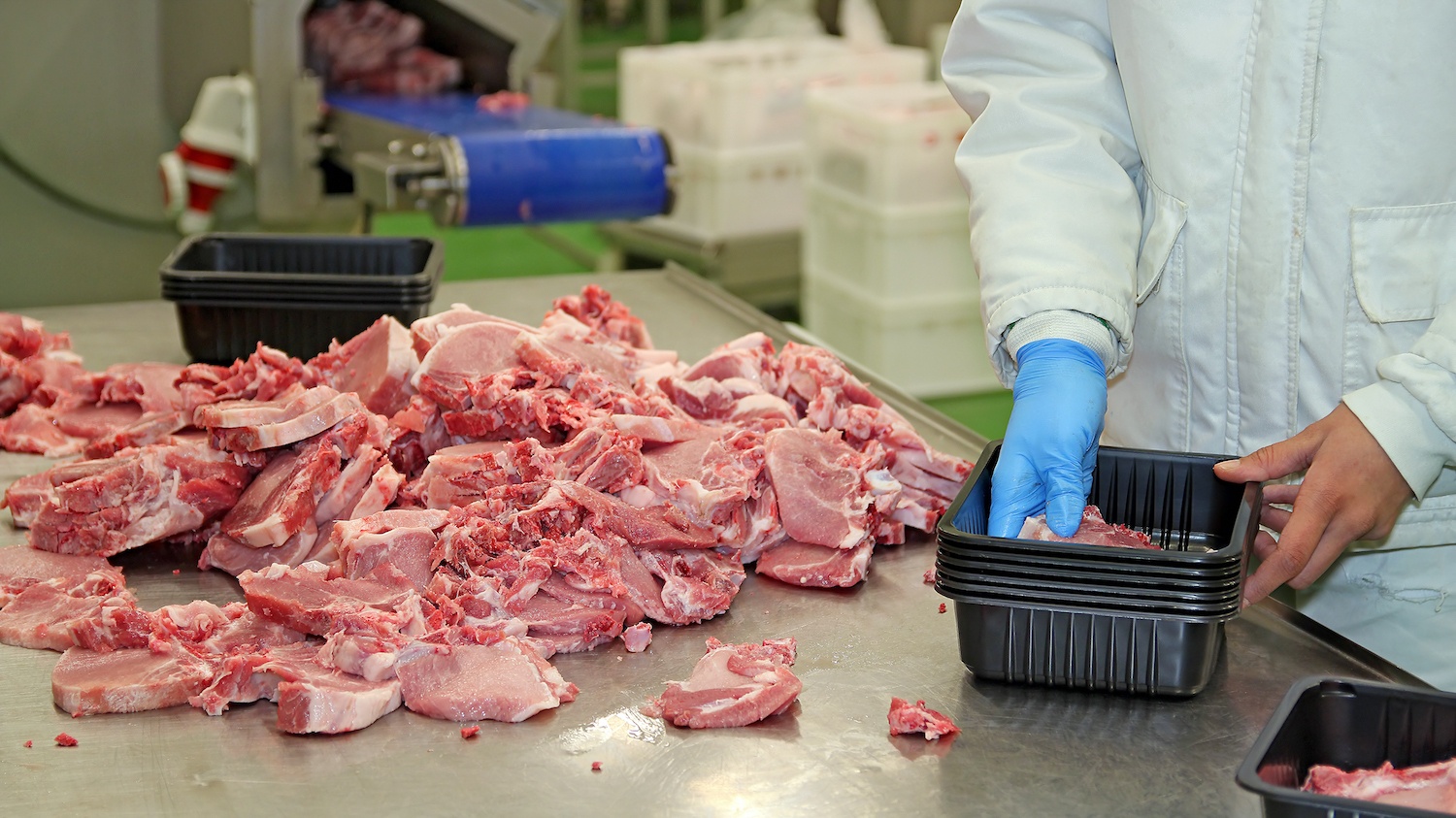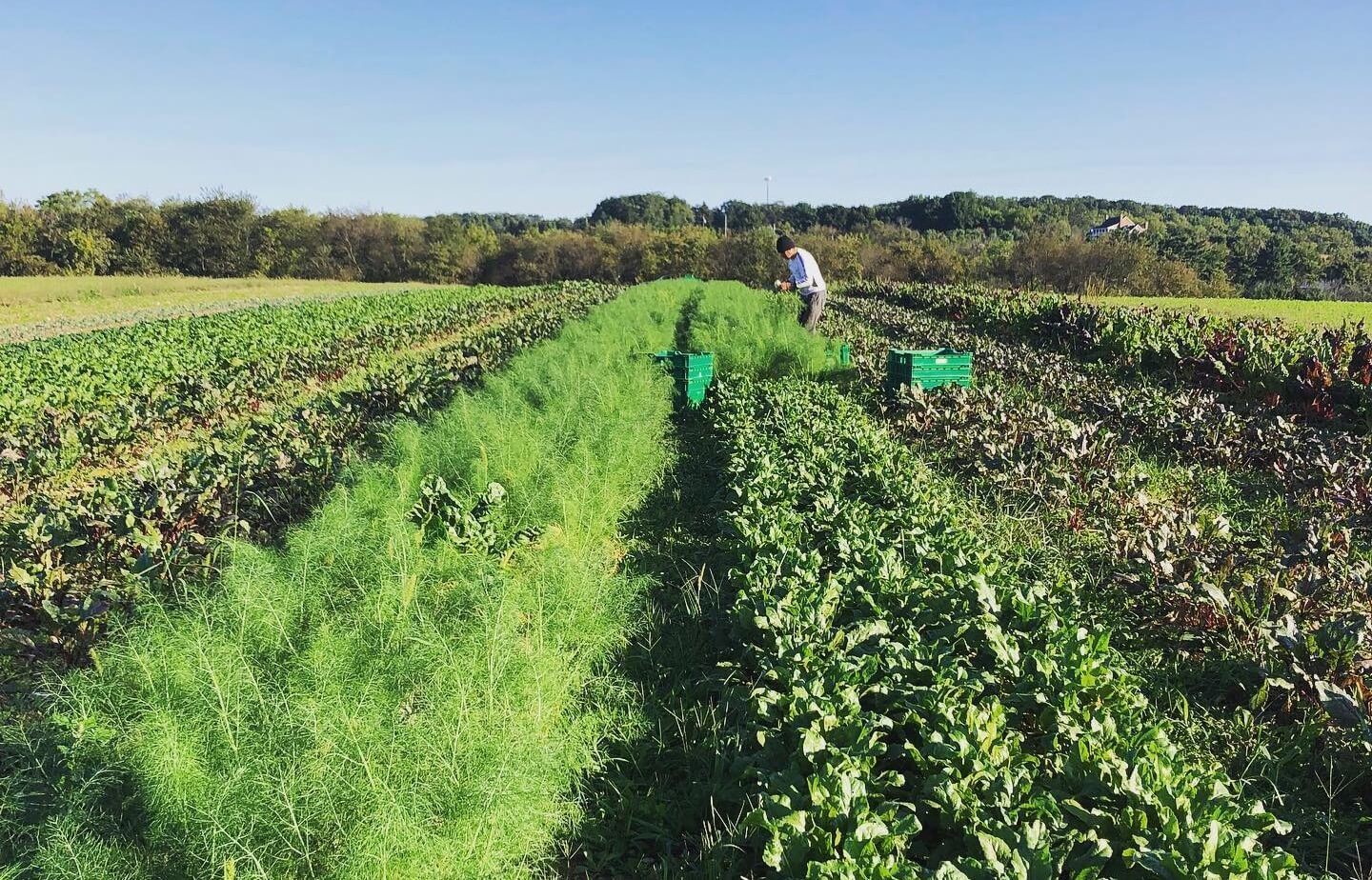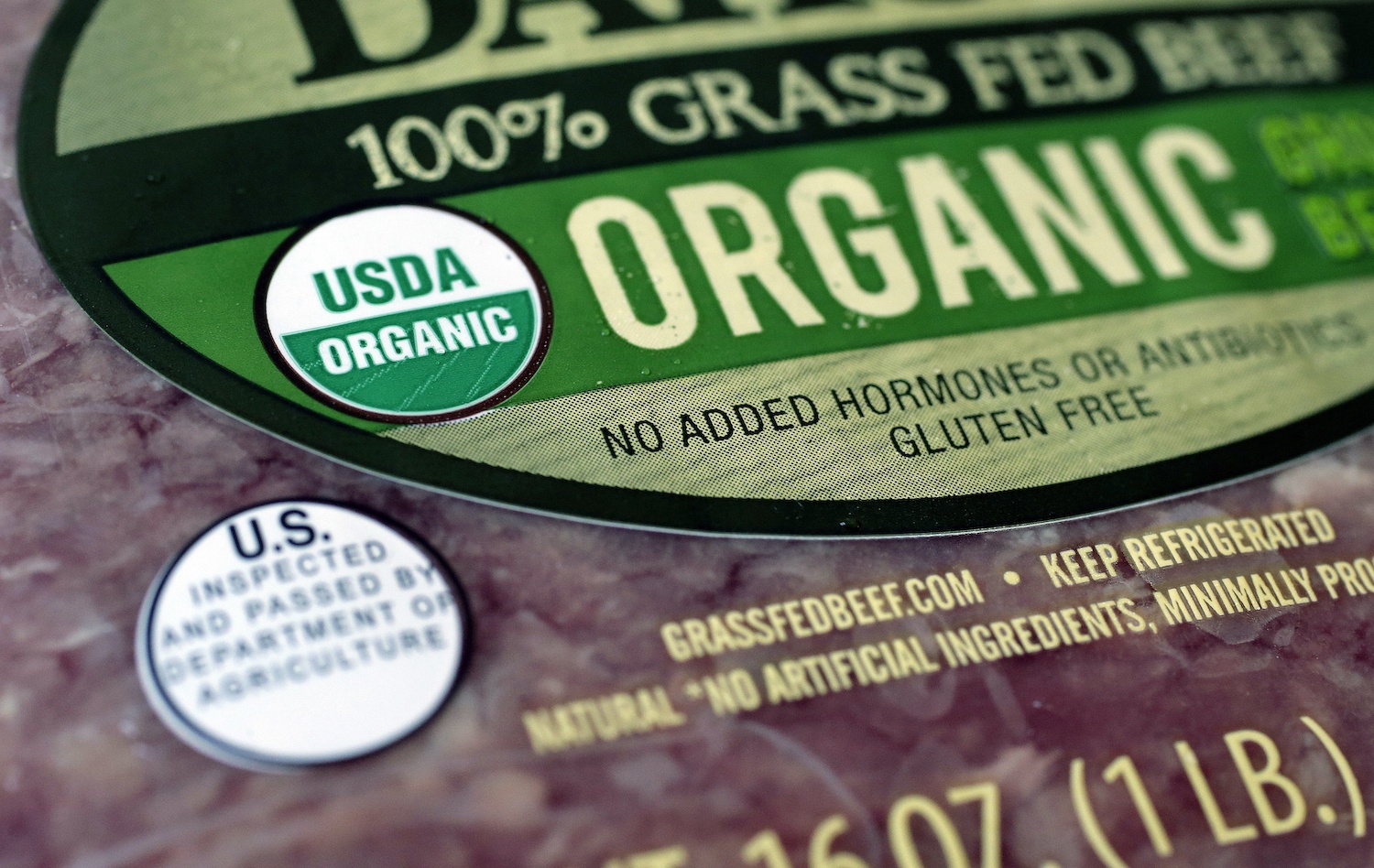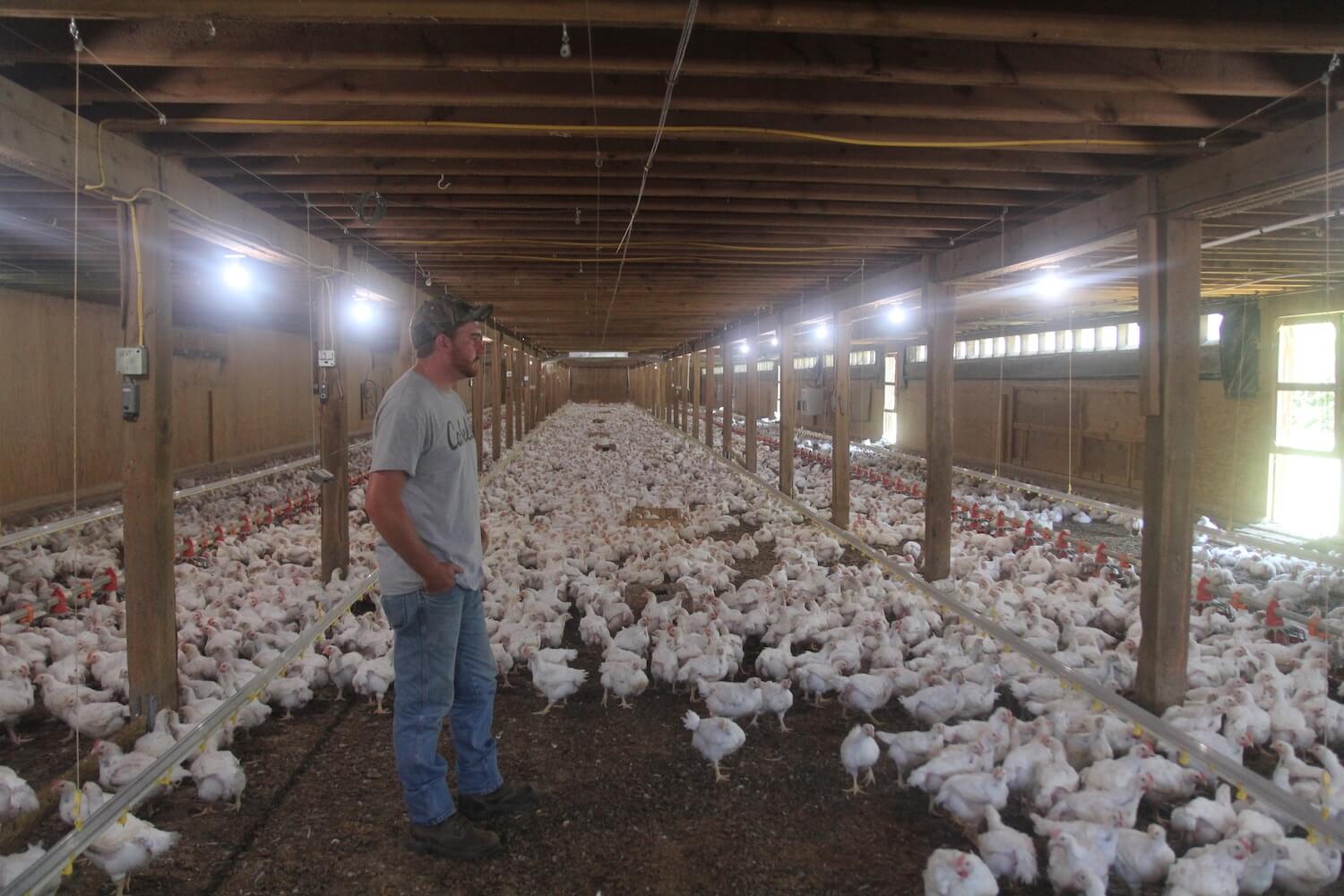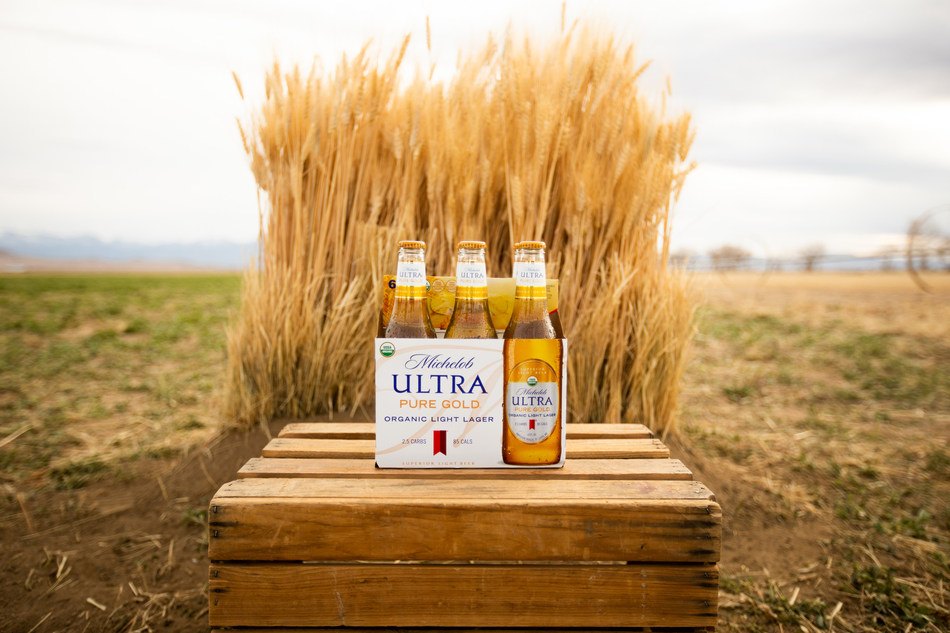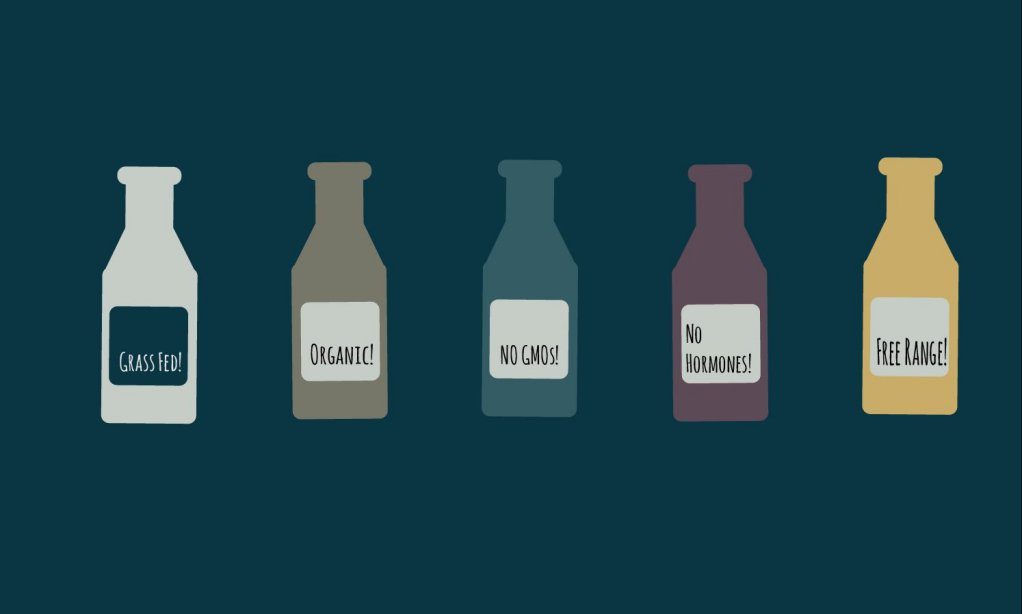Demand for organic food is higher than ever. It may come with an unexpected ecological cost.
According to one industry estimate, organic food sales hit a record $62 billion during the pandemic, equal to a 12 percent increase over the year. While organic farming can have ecological benefits—for example, rules require that producers limit the use of pesticides and synthetic fertilizers—sudden spikes in demand can have an unintended consequence: conversion of wildland to farmland, reports Reuters. Transitioning conventional farmland into organic is a three-year process. Some farmers, wary of a long wait, may convert untouched land instead, destroying nearby ecosystems that are home to wildlife, including pollinators. To address the practice, critics are now calling on the United States to ban conversion of wildland for organic farming.
